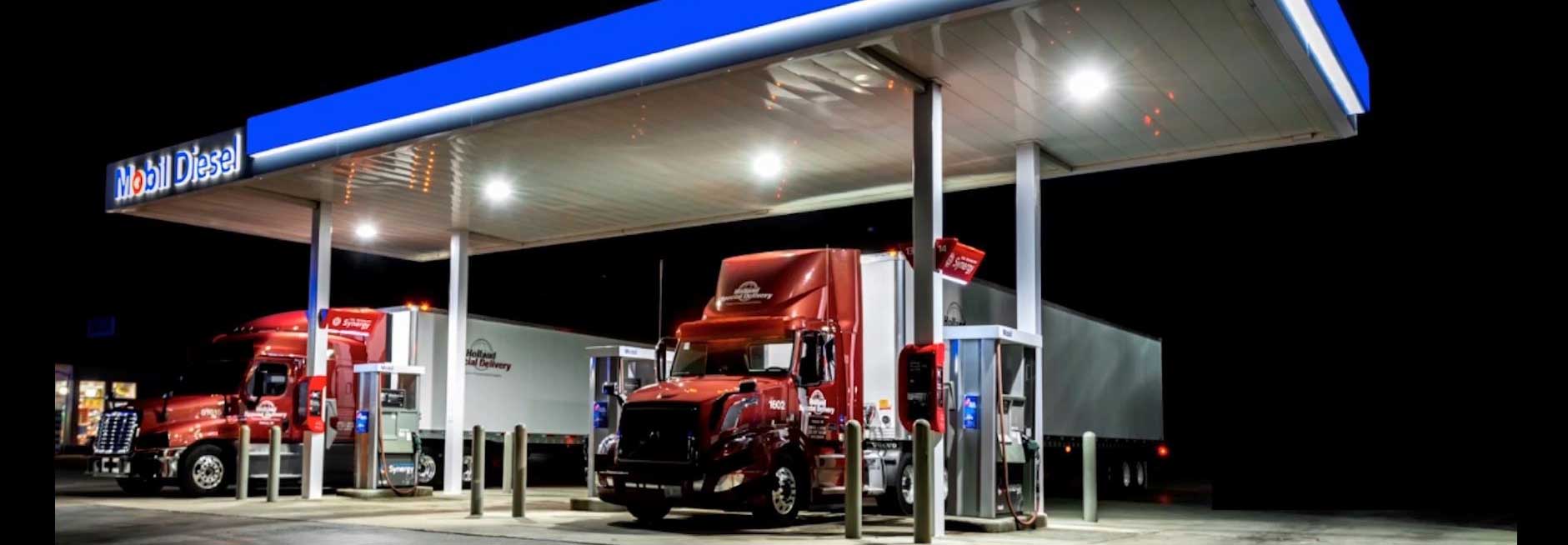The debate about diesel engines and petrol engines has lasted for years. Despite this, only a few people can knowledgeably contribute to the argument.
Typically, most large vehicles are powered by diesel engines. This is why it is not unusual for automotive enthusiasts and dealers to wonder why.
This article will discuss the major differences between diesel and petrol engines and why diesel engines are the preferred choice for heavy-duty trucks and tractors.
What is a diesel engine?
In a diesel engine, the fuel is pumped into a combustion furnace. The air in the chamber is then compressed to a high temperature. As the fuel and air are mixed, the fuel evaporates and ignites due to the temperature and resulting pressure.
This is why a diesel engine is also known as a compression-ignition engine.
What is a petrol engine?
In a petrol engine, the fuel, when pumped, is mixed with air, usually in a carburetor. The mixture is then inducted into a cylinder, where it is compressed by a piston. The compressed fuel-air mixture is then ignited by an electric spark generated by a spark plug to cause combustion.
Diesel Vs Petrol engine
They are both internal combustion engines, but the process through which the combustion is generated is the major difference between them.
A diesel engine uses a compression-ignited injection system, while a petrol engine uses a spark-ignited system.
Diesel engines are also more durable and last longer when replacement parts like Maxiforce diesel engine parts are used for their repair and servicing.
They are also more efficient than gasoline engines. This is due to two reasons;
- The air throttling needed to control the gasoline power reduces the engine efficiency. Diesel engines, however, do not need it; hence, no reduction in engine efficiency.
- Cylinder pressure and temperature generated in diesel engines offer improved thermal efficiency compared to gasoline engines.
Carburetor
Gasoline engines need carburetor to function. The carburetor is responsible for mixing the fuel and air. After the mixture, it transfers to the intake manifold, where it is ignited to generate combustion, which powers the car wheels.
A diesel engine, on the other hand, does not need a carburetor. It first compresses air to a higher pressure, after which the fuel is injected into the compressed air. Despite the mixture, the pressure and temperature in the chamber make the air evaporate and ignite to drive the wheels.
The pressure used in a diesel engine is almost twice what gasoline engines use. The rate of injection and fuel-air mixture determines the rate of combustion.
When air bubbles or vapor are in the diesel fuel delivery system, injection is delayed. This is because the fuel will only be injected when the air and vapor are compressed to the required pressure.
Pistons
A piston is a cylindrical component of combustion engines. It converts the energy released during fuel combustion into mechanical action.
The generated force is transferred to the crankshaft through the piston pin and the connecting rod.
However, the piston in diesel and gasoline engines are the same except for some minute differences.
They are made from low-carbon steels or aluminum alloys. However, since a diesel engine requires more pressure to inject fuel, its piston is usually longer and thicker.
The design and functionality make the pistons in gasoline have shorter strokes compared to diesel engines. This means it takes less time for pistons to complete a stroke in gasoline engines.
It results in lower compression ratios which is the cause of its lower engine efficiency.
Environmental pollution
Typically, diesel engines produce lesser pollutants when compared with gasoline engines. It has also been discovered to be much cleaner than most electric vehicles.
Older diesel engines may emit nitrogen oxide which has been linked to poor air quality and respiratory problems.
Diesel fuel contains more energy per liter than gasoline which means it will require lesser combustion to cover the same distance as a petrol vehicle.
Since diesel engines, like gasoline engines, are also mandated to meet non-toxic emissions standards, most of the newer models now have catalytic converters installed in them.
A catalytic converter changes harmful compounds from an engine’s emission to safer gases such as steam.
The catalyst breaks down the unsafe molecules in the gases before they are released as exhaust into the air. Recent designs of catalysts have also been observed to reduce fuel consumption.
Diesel Engine vs Gasoline Engine: Which is better?
Diesel engines can drive for longer hours and consume less fuel than gasoline engines. This is why they are well used in heavy-duty trucks and tractors which usually require long drives to complete tasks like haulage, mowing, construction and road building.
The engine also produces more torque, which is fantastic for towing and hauling.
These are the major reasons why most large vehicle manufacturers opt for diesel engines instead of gasoline.


